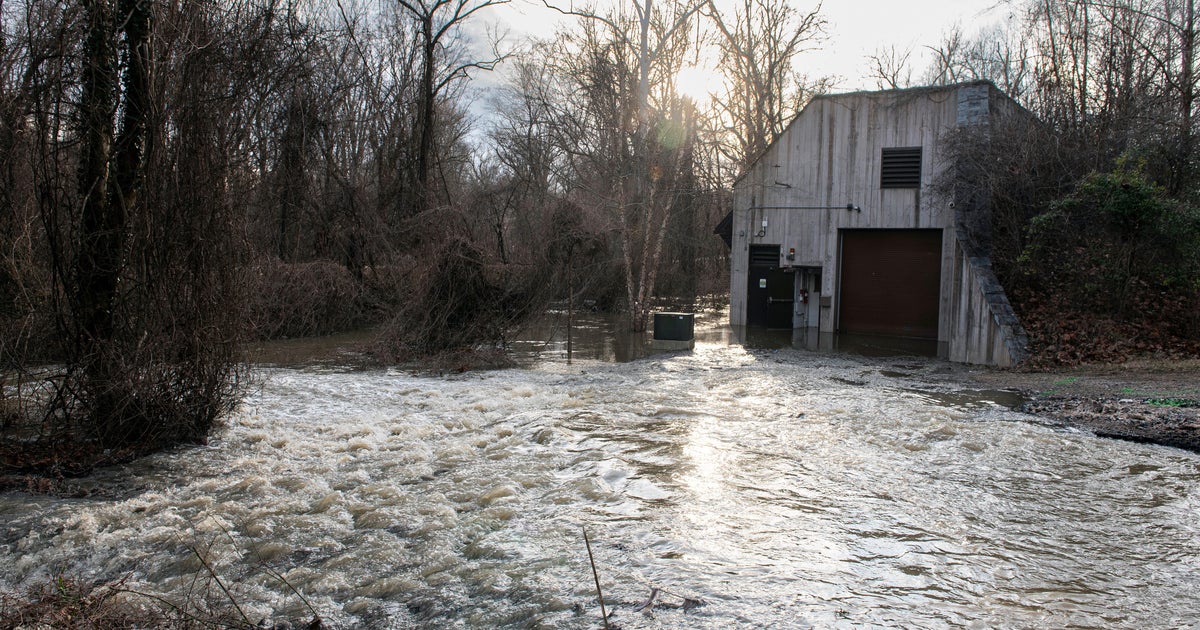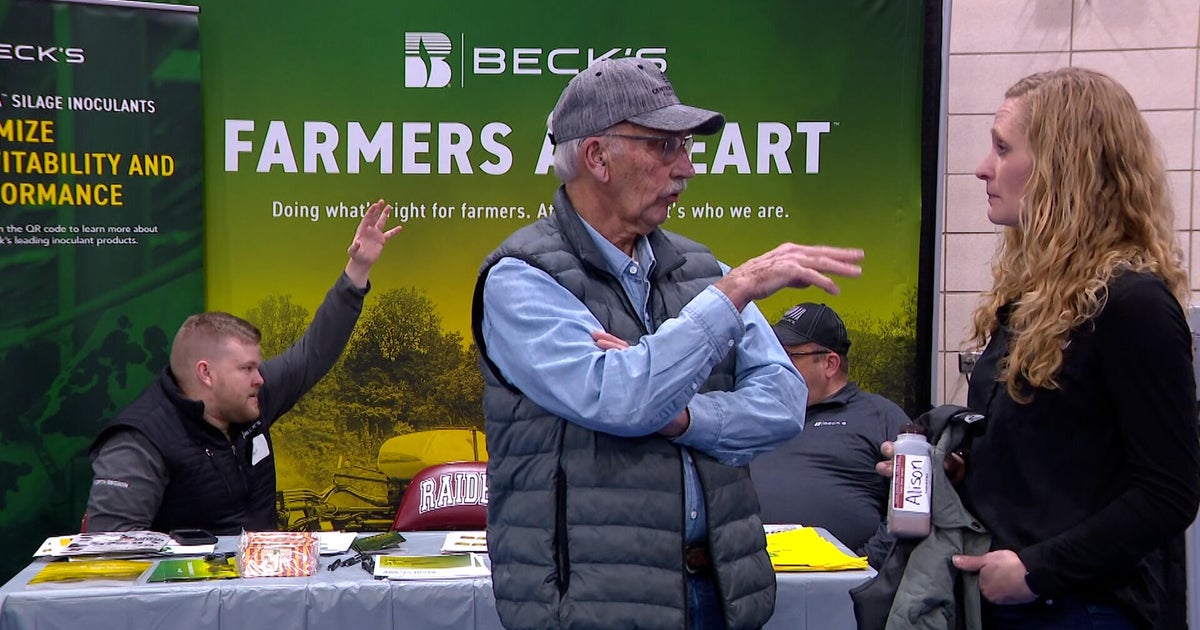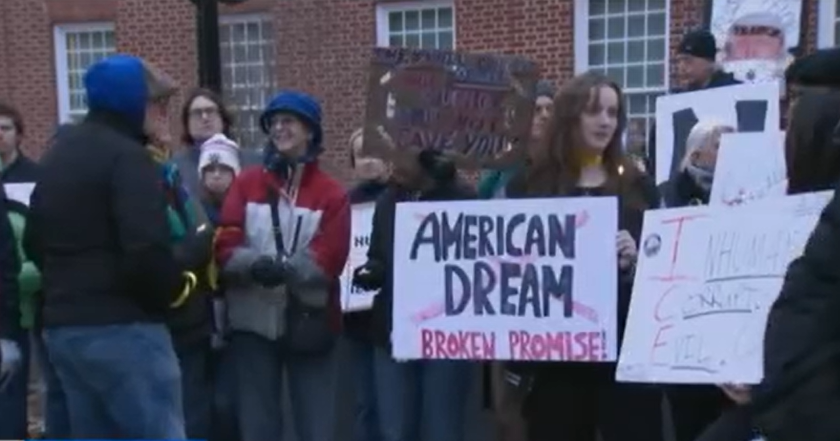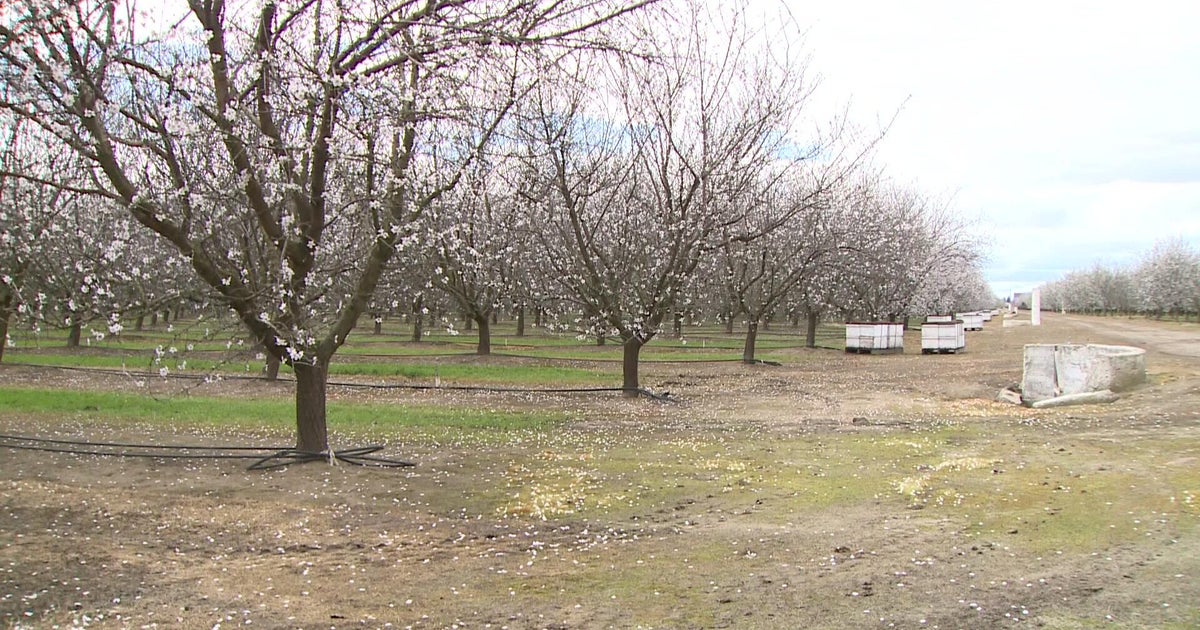Farm Group: Chesapeake Bay Plan Could Ruin Farmers
ATLANTA (AP) -- A sweeping plan to control water pollution in the Chesapeake Bay must be challenged because it will ruin regional agriculture and become the model for similar restrictions nationally, the head of the nation's largest farm lobbying group said Sunday.
Bob Stallman, president of the American Farm Bureau Federation, said his organization will file a lawsuit soon against the Environmental Protection Agency over its plans to sharply curb the flow of pollutants and sediments that have harmed the bay and its wildlife.
The plan sets a so-called "pollution diet" that calls for big cuts in the primary pollutants flowing into the Chesapeake:
nitrogen, phosphorus and sediment. It would be achieved in part by reducing the runoff of farm fertilizer and placing controls on large animal feeding operations. Cattlemen and growers have argued that it will cost them millions to comply with the plan and adopt practices that contribute less to pollution and erosion.
"This diet threatens to starve agriculture out of the entire 64,000-square-mile Chesapeake Bay watershed," Stallman said, speaking at the opening of an annual Farm Bureau convention.
Stallman said state governments, not the EPA, should decide how to regulate farming practices. An EPA spokesman did not return messages seeking comment.
President Barack Obama's administration backed the Chesapeake Bay cleanup plan because of a lack of progress over the years by state governments to protect the waterway.
Urban and farm runoff, air pollution and sewage overflows have created areas known as "dead zones," places where oxygen is sucked from the water by algae blooms that prevent sunlight from reaching underwater marine life. Pollution and disease nearly killed off the bay oyster. The blue crab population has just started to rebound after tighter restrictions on their harvest.
The feud over the Chesapeake Bay plan is one of several running fights between the Farm Bureau, which represents more than 6 million families, and federal regulators at the EPA. The farming organization is already resisting the regulation of greenhouse gases emitted by the agriculture industry, and it opposes recent attempts to force some farmers to obtain environmental permits before spraying chemicals that kill pests and crop diseases.
Stallman's criticism of the EPA -- which he called "a clear and present danger" to agriculture -- drew some of the loudest applause from the audience.
"We will not stand idly by while opponents of today's American agriculture try to drag us down, try to bury us in bureaucratic red tape and costly regulation, and try to destroy the most productive and efficient agricultural system in the world," he said. "Our message to the new Congress is clear: it is time to stop the EPA."
(Copyright 2011 by The Associated Press. All Rights Reserved.)







